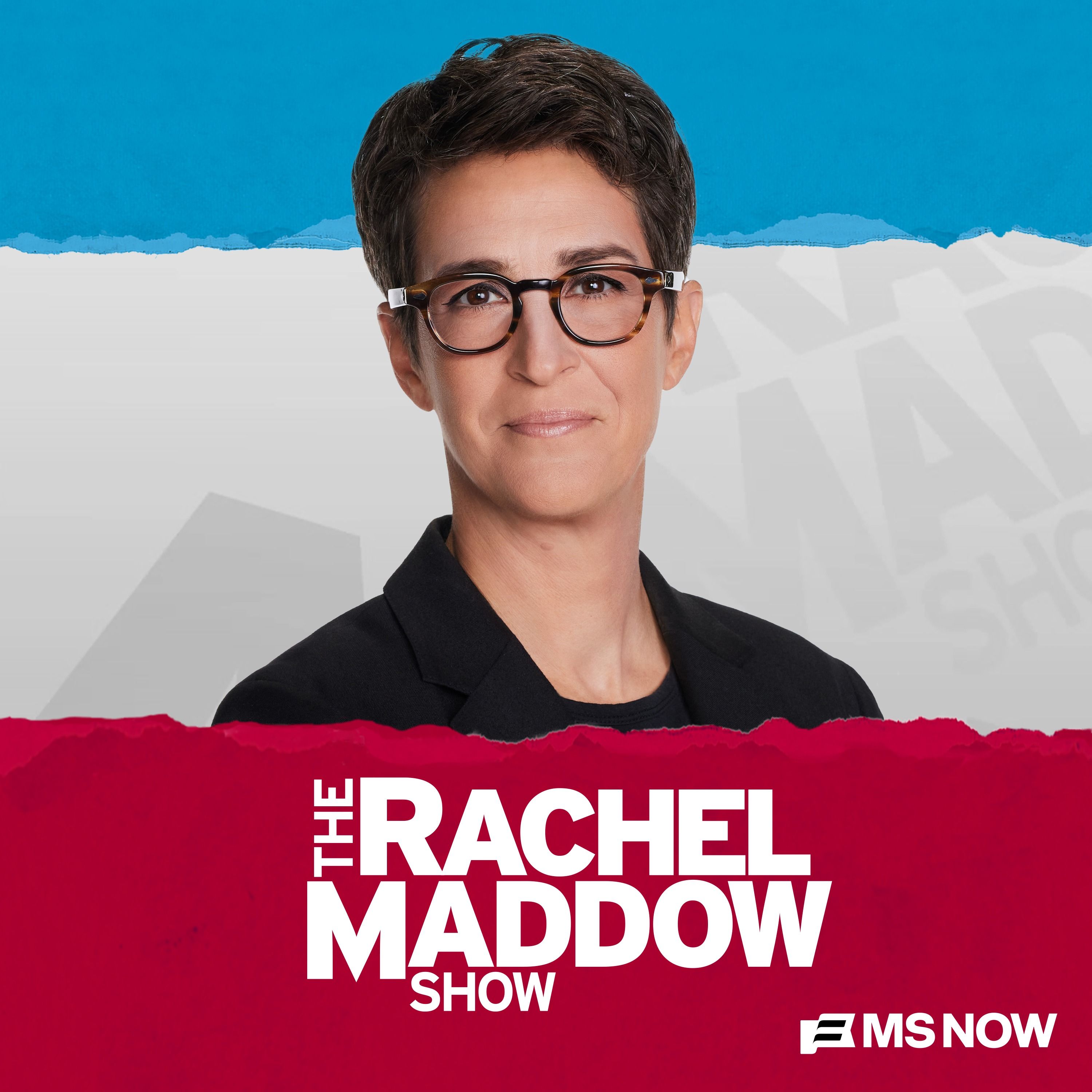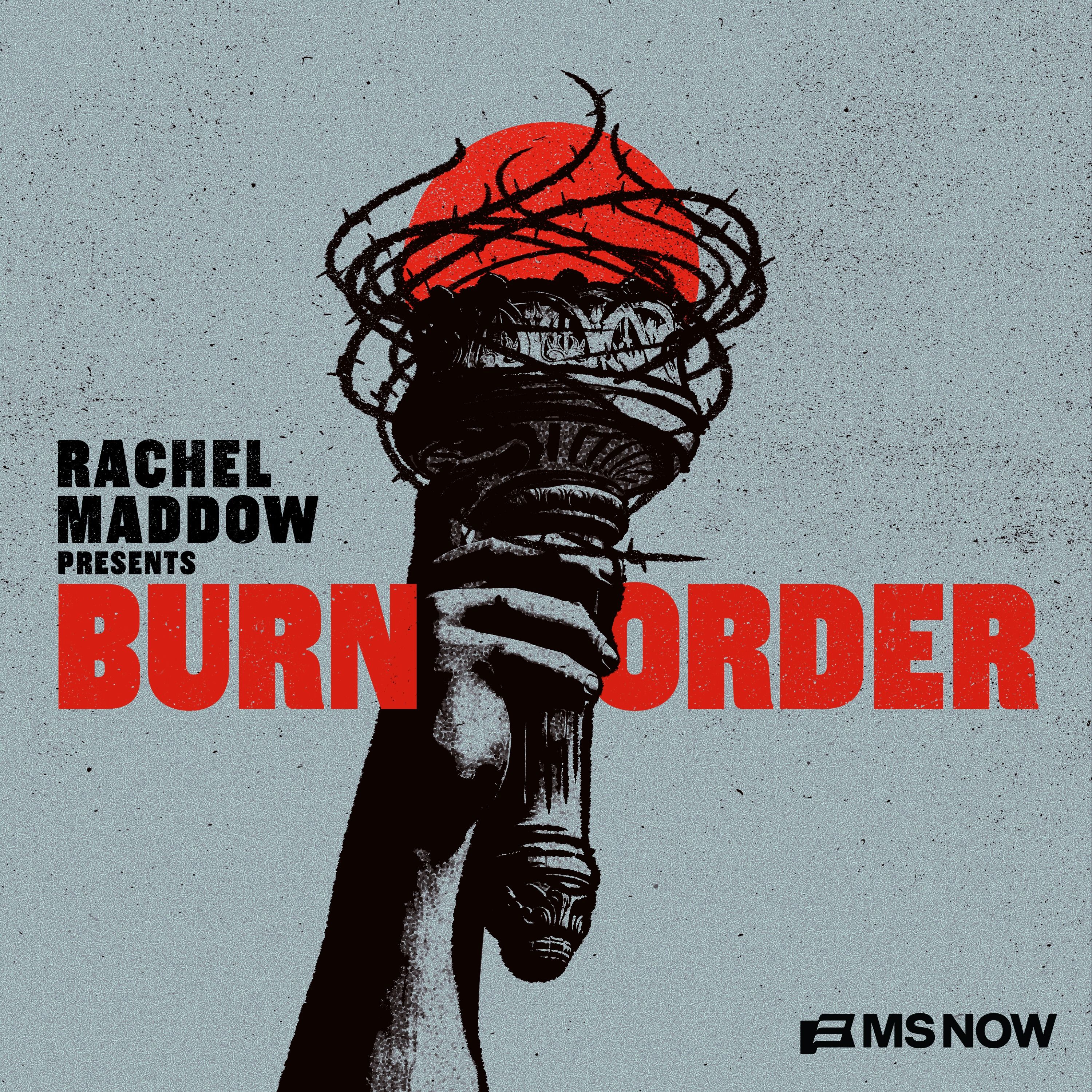Rachel Maddow in Discussion with Civil Rights Leader Andrew Young
Ahead of the premiere of Rachel’s new documentary, “Andrew Young: The Dirty Work,” Rachel sits down with Andrew Young and John Hope Bryant in a discussion led by Rev. Al Sharpton at Clark Atlanta University. They talk about Ambassador Young’s historic career and his key role alongside Rev. Dr. Martin Luther King, Jr. during the civil rights movement.
Press play and read along
Transcript
Transcript is processing—check back soon.
The Rachel Maddow Show — Rachel Maddow in Discussion with Civil Rights Leader Andrew Young


